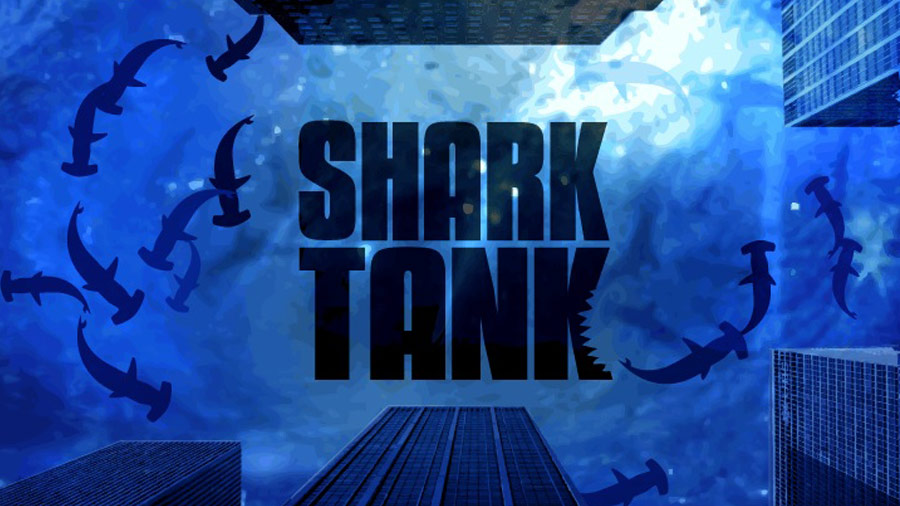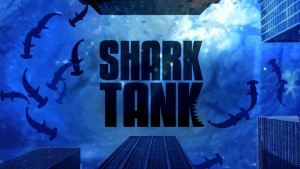11 Feb 2015
Is Shark Tank Bad for Small Business?
If you’ve ever watched reality TV (and don’t say you haven’t because we all know it’s too easy to get sucked in by the drama and controversy), you may have noticed a specific formula…
First you find a cause – dating, small business, cooking or home improvement. Next, you add a few unassuming characters – some very relatable but also few who are downright crazy, nasty or delusional. And last but not least, you add just enough controversy, intrigue, shock and cutting remarks to keep the masses coming back for more each night.
In the end, are any of these contestants (or their small businesses in the case of Shark Tank) really any better off? Probably not, but what you have done is create some compelling TV and sold a bucket load of ads to big brands like iSelect, Swisee, Safeway, NAB and Mitre 10.
The other night, I watched Channel Ten’s latest reality TV import, Shark Tank. The premise is pretty straightforward.
A few naive and nervous and numerically challenged small business owners lined up to pitch to a panel of cool, critical and cashed-up potential investors.
Some ideas got funded for relatively small amounts. Most ideas (and their creators) got ripped to shreds by the panel.
So, the show is essentially Survivor, The Apprentice and The Bachelor all rolled into one with Australian small business contestants, and a catchy brand that has the ominous word “shark” in it.
How could that possibly fail?
As I watched, I wondered, ‘Are any of these small businesses likely to breakeven or become profitable and cash flow positive?’
And, perhaps not suprisingly, the answer is “not likely”.
Why is that? Because some of the ideas were pretty interesting. The cricket cooler, the motorized skate board and the hamdog may actually have global potential, but to be viable in the long term, the owners really need to do their homework first and know their numbers.
Case in point – not one of the small business owners who pitched had done market research with their product (or prototype) and could quantify the size of their market. Without that vital information, how can they possibly estimate topline revenue, market penetration or the value of their business with any precision or clarity?
And without those last three things, it’s impossible to give a meaningful pitch or ask for the “right amount” of capital. I’m sure you will agree, other than the guy who thought his hairbrained rental resume idea was worth $2.5million, most of the entrepreneurs vastly underestimated the amount of working capital that they needed.
Several contestants floundered when they got asked the big questions about breakeven, margins and cash flow. Yes, the dreaded cash flow question pretty much stumped everyone.
Most were asking for arbitrary sums of money to commercialise their inventions without regard for how much it might really take to get their brand out there and win their first major customers. One pair even thought it was clever to ask the investors to chip in $150,000 so they [the founders] could leave their secure day jobs and start working in the business full time. Crazy right? If you the owner don’t have skin in the game or work in the business full time, chances are you should still be writing your business plan, not pitching it on national TV in front of 5 sharks and a million viewers.
The cricket cooler duo were the most polished in terms of delivery and presentation. They recognized that patents and intellectual property were vital to their valuation and attractiveness to the sharks, but drastically underestimated the value of locking things down in India – the number one cricket market in the world. And the sophisticated sharks knew that Australia is just a mere drop in the bucket, compared to the potential in a market like India.
Unlike the really trashy stuff – Bachelor, Idol, or Real Housewives of Melbourne – the show didn’t make me feel icky or shocked while watching the sharks tear the flesh off the bones and gnaw away at the contestant’s dreams. I sort of expected that would be the main draw card and the whole premise of the show. Why call the show shark tank if you don’t intend to set up a blood bath and feeding frenzy?
But as an entrepreneur, I did feel genuinely remorseful for each of the contestants. The small businesses who got funded gave up decent chunks of equity for relatively small injections of capital – which may or may not be enough to get them to market and earn their first customers. And the ones who didn’t walked away without any constructive advice or tangible instructions on how to go away and get their idea investor-ready.










